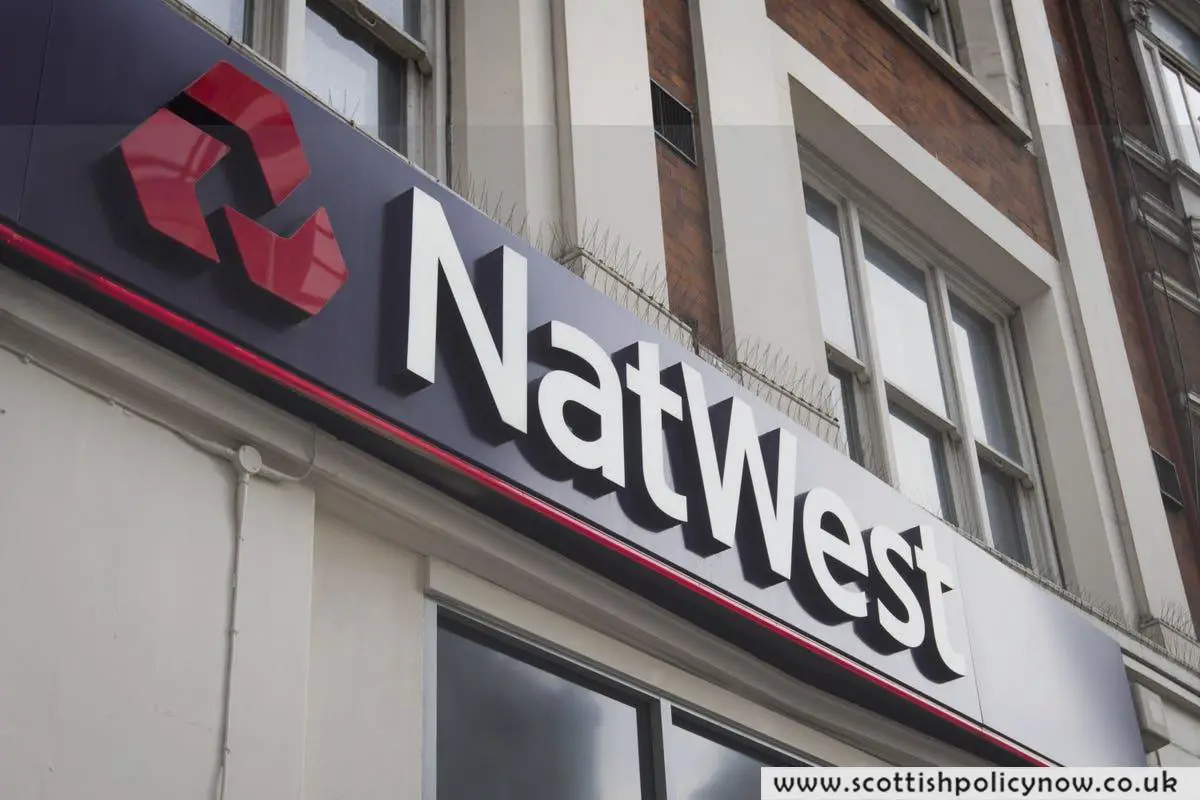The UK Government now holds less than 30% of NatWest Group, marking a historic drop since the 2008 crisis nationalization.
Monday’s stock market news confirmed the Treasury’s slice of NatWest, which oversees Royal Bank of Scotland (RBS) and Coutts, has shrunk to 29.82%, dipping just over 1%.
This leaves the Government clutching shares slightly below £7 billion worth.

It’s a modest dip in Government’s slice of the high street banking giant, yet it’s a significant threshold crossed.
Back in 2008 and 2009, NatWest, then under the RBS Group banner, got nationalized with multibillion-pound rescues, ballooning the Government’s hold to 84%.
Once briefly the planet’s heftiest bank, RBS was nearly broke in early October 2008.
On October 7, a dire call from then-chairman Sir Tom McKillop to Chancellor Alistair Darling warned RBS was hours from a cash drought.
To dodge a disastrous RBS nosedive, the Bank of England coughed up billions. The next day, the Government pledged a £20 billion stake in the wobbling bank.
Since those days, the Government’s been keen to offload NatWest. It’s been a slow journey, but lately, the pace of sales has quickened.
In 2018, the Government was still in charge of 62% of the group, dropping to 45.9% by the end of 2022, and to 37.98% on December 31.
Just this month, the Government outlined a plan to offload all shares by March 2026, hinting at potential sales to everyday investors.
NatWest chimed in, “We’re heartened by the Government’s push to reprivatize NatWest Group.
“With Government shares dipping below 30%, we’re encouraged by the progress towards this mutual goal, which we reckon serves the bank and our shareholders well.”







